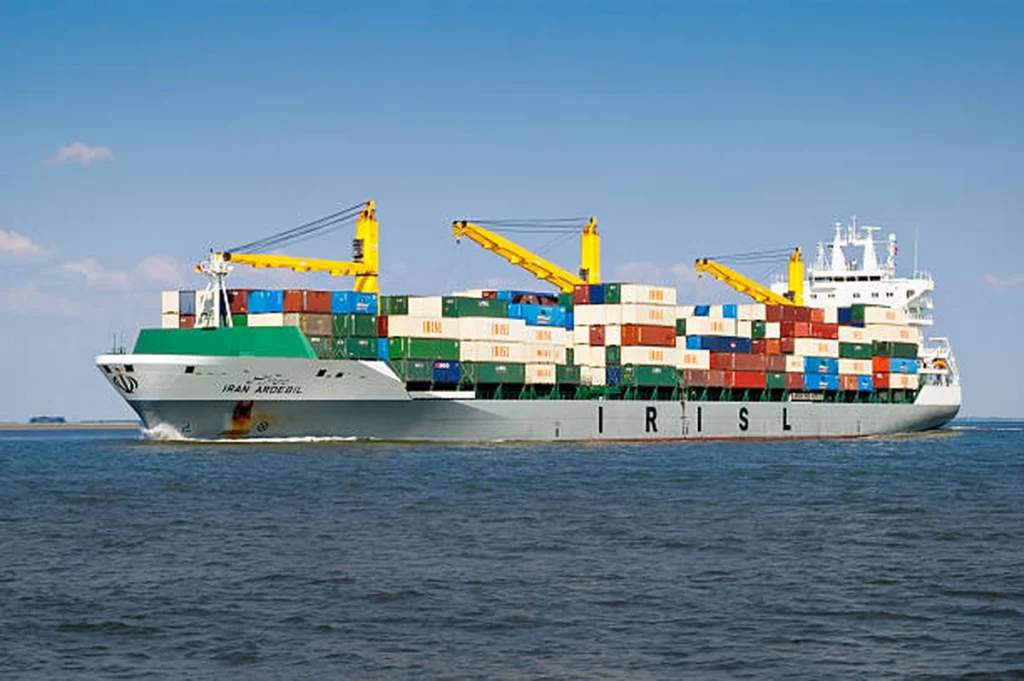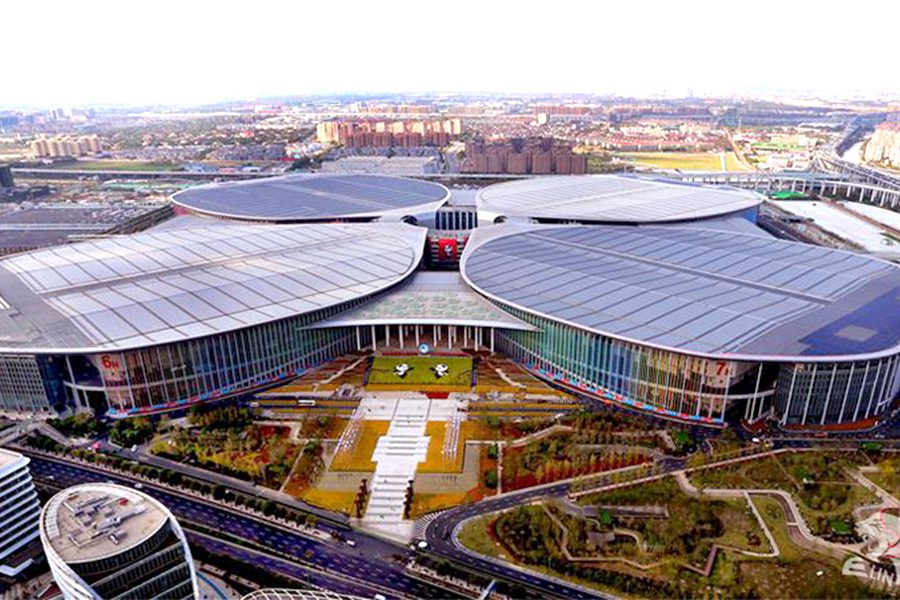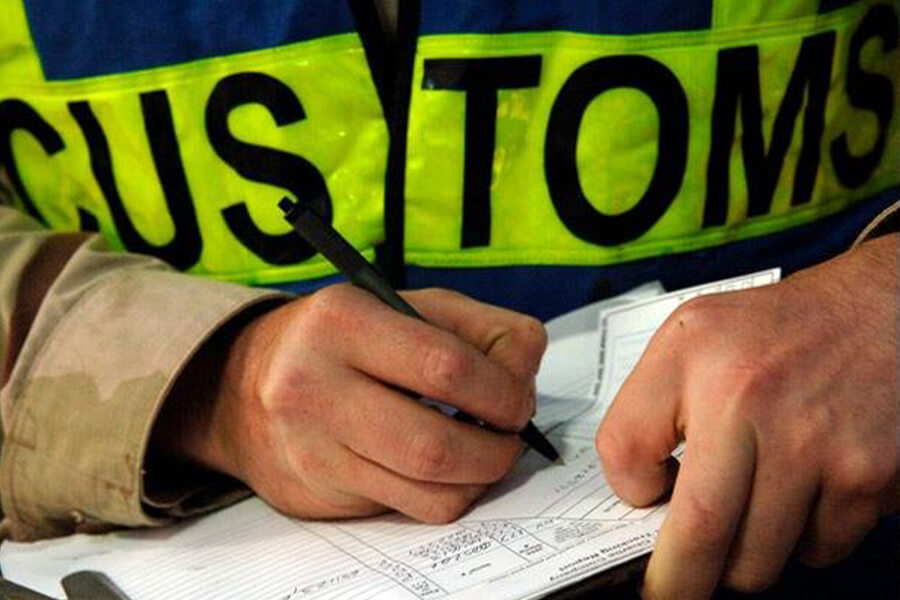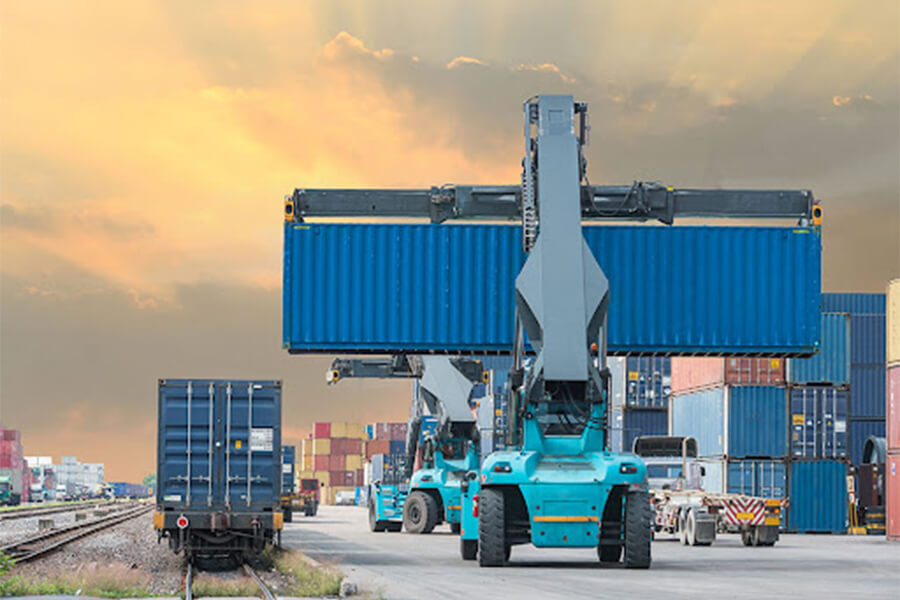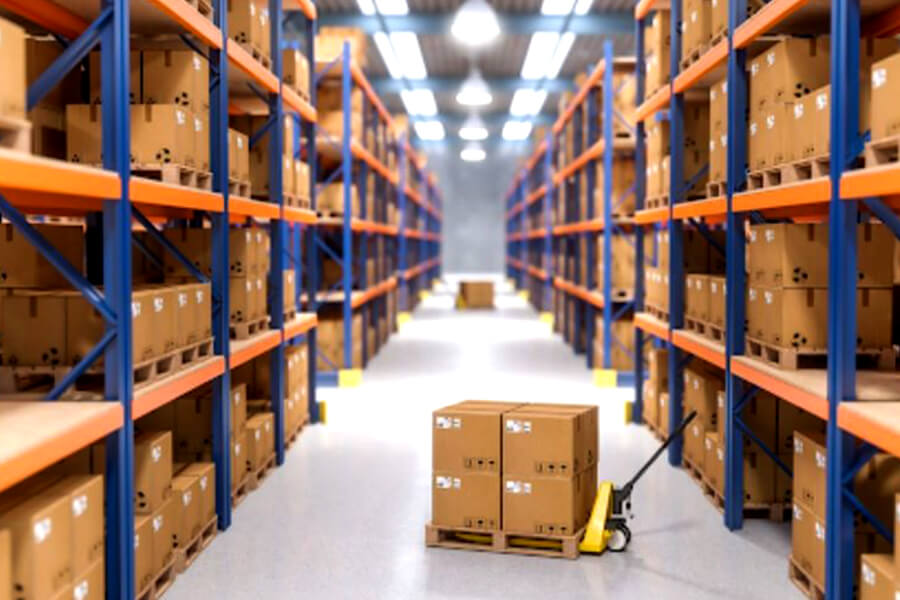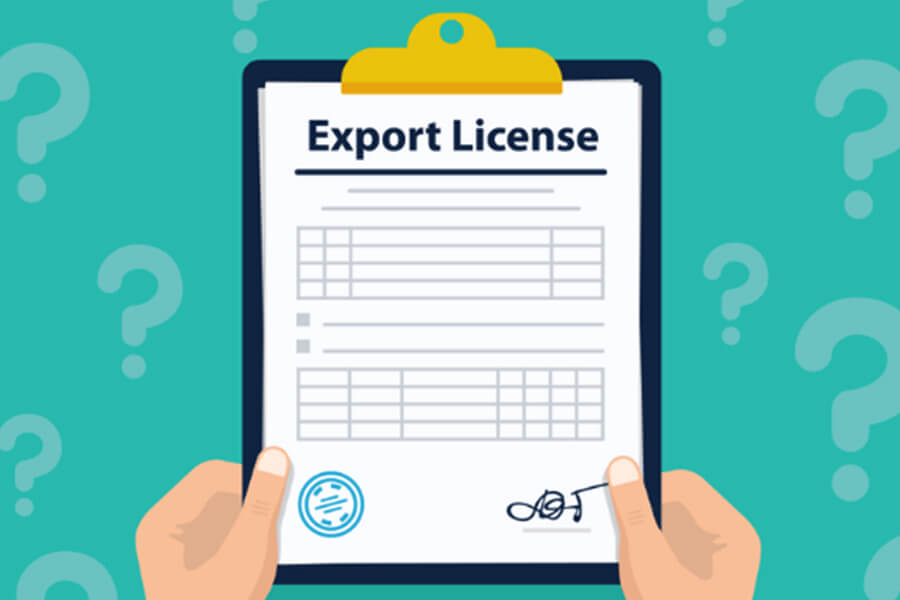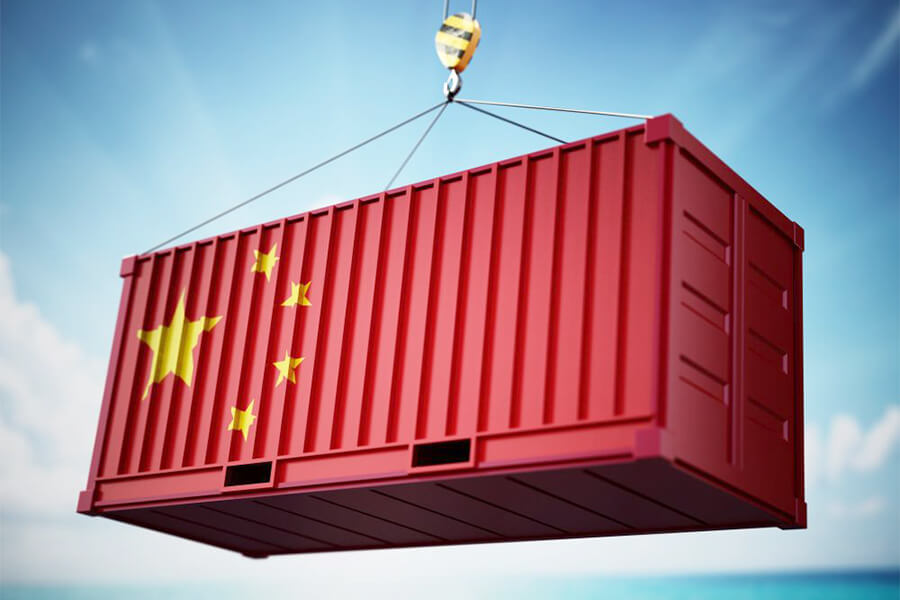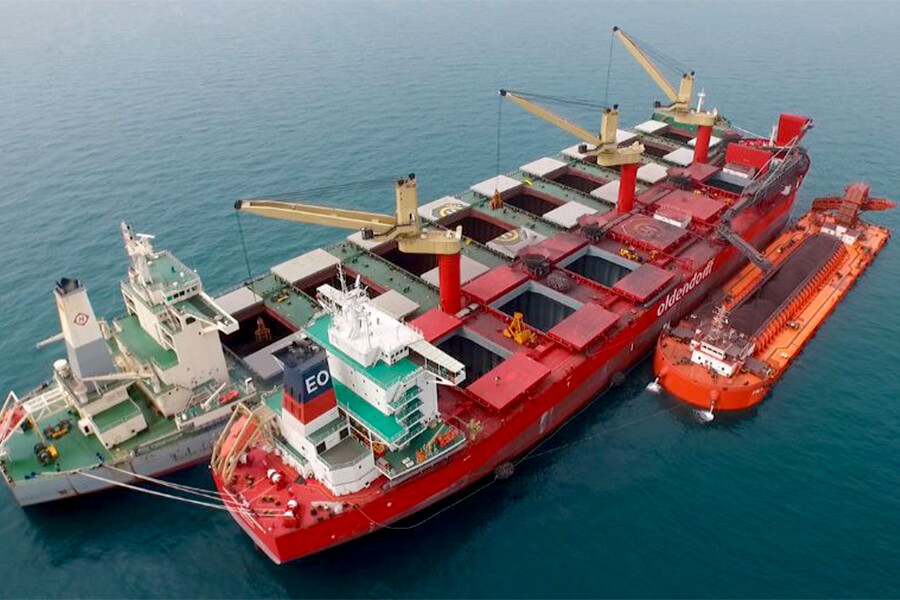Shanghai is one of the largest commercial and industrial centers in China and the world, recognized as one of the main hubs for exporting and importing goods. With its advanced infrastructure, modern ports, and extensive international transportation network, this city has become one of the best destinations for importing goods. In this article, the process of importing goods from Shanghai, key points, steps, and challenges of this route are comprehensively examined so that Iranian traders can effectively leverage this opportunity with a better understanding of the stages and requirements.
1. Why import from Shanghai?
Importing goods from Shanghai is an attractive choice for Iranian traders due to the numerous advantages of this city. With major and advanced ports like the Port of Shanghai, which is the busiest port in the world, Shanghai provides efficient and fast import opportunities. In addition, the diverse production and access to high-quality goods at competitive prices make importing from Shanghai an ideal option. Shanghai is also one of the key centers for international exhibitions, allowing traders to directly connect with manufacturers and suppliers.
Other advantages of importing from Shanghai include advanced transportation infrastructure, access to a vast logistics network, and support from the Chinese government for exports. These factors help ensure that the import process from Shanghai is carried out with minimal challenges and additional costs, allowing traders to take advantage of the competitive benefits of this market.
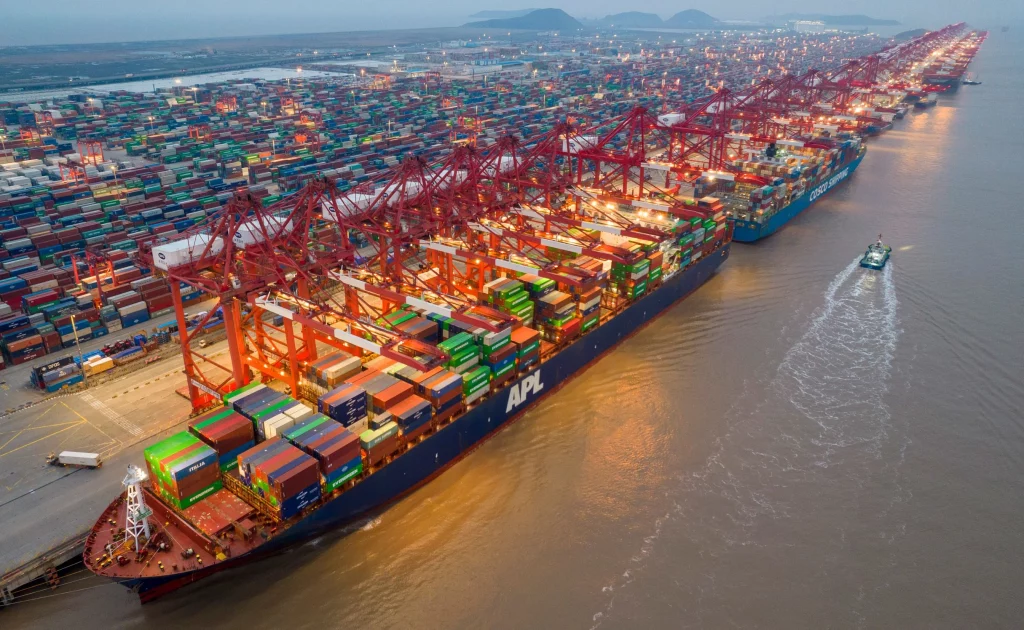
2. Steps for Importing Goods from Shanghai
To import goods from Shanghai, you must go through several steps to ensure that the goods reach their final destination in Iran legally and without any issues. These steps include researching and reviewing suppliers, signing contracts, transportation, and customs clearance. Each of these steps is explained in detail below:
a) Selecting the Right Supplier
The first step in importing goods from Shanghai is selecting the right supplier. Traders should choose suppliers with a reliable track record and high-quality products. To achieve this, they can use international exhibitions, reputable trading websites like Alibaba, or local trade consultants. International exhibitions held in Shanghai provide a great opportunity to get acquainted with suppliers and new products.
Conducting thorough research on the supplier’s background, reviewing product samples, and direct communication with the manufacturer are among the actions that can help reduce risks and select a high-quality supplier.

b) Negotiation and Contract Signing
After selecting the supplier, the negotiation and contract signing phase begins. In this phase, agreements must be reached on price, payment terms, delivery time, and transportation conditions. The contract should include all details to prevent potential issues. Topics such as payment methods (LC or TT), delivery terms (FOB, CIF, or EXW), and product quality assurance are important aspects that must be precisely specified in the contract.
Continuous and transparent communication with the supplier throughout the production and preparation process can help improve quality and reduce delays. It is also recommended to use experienced legal and business consultants in your negotiations to protect your rights.
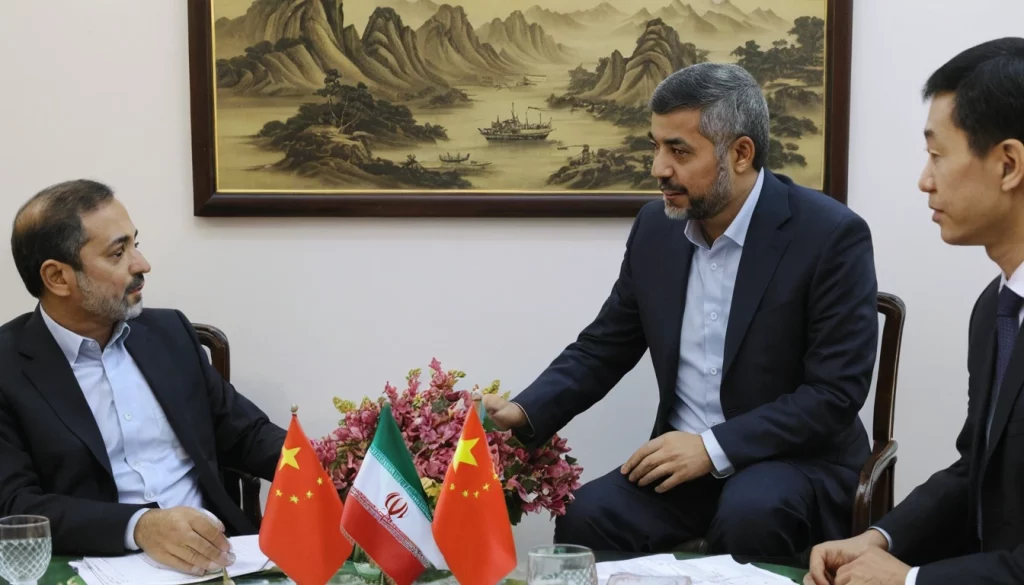
c) Receiving the Proforma Invoice and Placing the Order
A Proforma Invoice is a document issued by the supplier to confirm an order, including details of the goods, price, and payment terms. After receiving the Proforma Invoice, the trader must register the order in the Ministry of Industry, Mine, and Trade’s order registration system to obtain an import permit. This step is crucial because, without order registration and obtaining a permit, it is impossible to clear the goods from customs.
At this stage, you should pay special attention to the details of the Proforma Invoice and ensure that all information is entered correctly. Any errors in the product details or payment terms can lead to subsequent problems at customs and during clearance.

d) Coordinating Transportation and Cargo Insurance
After placing the order and obtaining the permit, the next step is to coordinate transportation and cargo insurance. Traders should contract with a reputable international transportation company and choose the type of transportation (sea, air, or land) based on the type of goods and delivery time. Insuring the goods to cover potential risks during transportation is also crucial. Transport insurance policies can include various coverages, which are determined based on the value of the goods and the types of potential risks.
The choice of transportation type depends on delivery time, cost, and the type of goods. Sea transport is usually cheaper but takes longer, while air transport is faster but more expensive. In any case, insuring the goods against risks such as damage or loss is crucial.
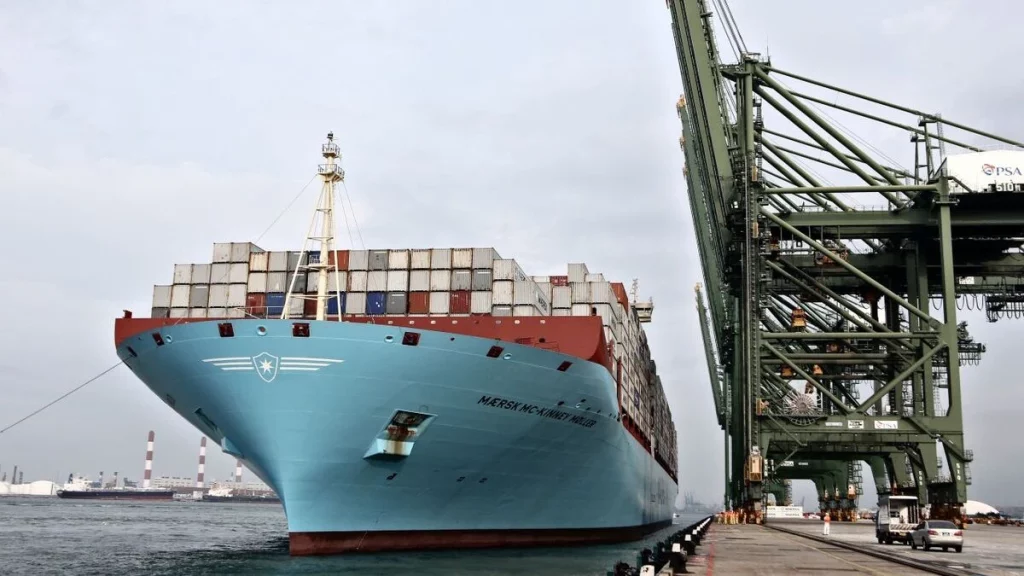
e) Customs Clearance of Goods
After the goods arrive in Iran, the customs clearance process must begin. This step includes providing the necessary documents, paying customs duties, and completing customs formalities. Working with an experienced customs broker can help facilitate this process and prevent potential delays. A customs broker can assist you in preparing and submitting the required documents, calculating customs costs, and handling administrative tasks.
Customs clearance of goods requires precision and awareness of customs regulations. Any deficiencies in documents or discrepancies between product details and the paperwork can lead to issues and delays in the clearance process.

3. Key Points for Success in Importing from Shanghai
- Thorough Research on Suppliers: Before choosing a supplier, make sure to conduct sufficient research to ensure the quality of the goods and the credibility of the supplier. Visiting the manufacturing facility and reviewing product samples can help in better evaluation.
- Financial Management and Exchange Rate: Exchange rate fluctuations can have a significant impact on import costs; therefore, precise financial planning is required. Using financial tools such as currency risk hedging can help reduce risks.
- Proper Coordination in Transportation: Choosing an appropriate transportation company and comprehensive cargo insurance can help reduce risks and potential losses. Ensuring compliance with all transportation standards and proper packaging of goods is also of great importance.
- Familiarity with Customs Regulations: Being aware of the customs laws and regulations of Iran and China can prevent potential issues during the clearance stages.

4. Challenges of Importing from Shanghai
Importing goods from Shanghai also comes with challenges that need attention:
- Changes in Laws and Regulations: Import and export laws may change continuously; therefore, it is important to stay updated and informed about changes. Lack of awareness of changes in regulations may result in goods being held in customs and cause legal issues.
- Customs Issues: There is a possibility of issues arising during the customs clearance process, which can lead to delays in delivering goods. Complete preparation of documents and using an experienced customs broker can help reduce these issues.
- Transportation Risks: International transportation is always associated with risks such as damage to goods or delivery delays. Choosing appropriate insurance and working with reliable transportation companies can help mitigate these risks.
- Exchange Rate Fluctuations: Fluctuations in exchange rates can affect import costs. It is recommended to use appropriate financial instruments to mitigate the risks of currency fluctuations.
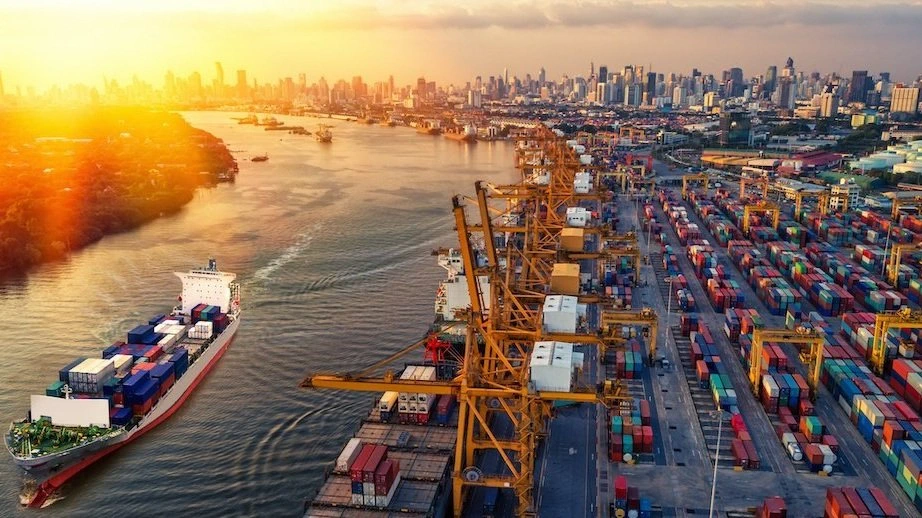
Conclusion
Importing goods from Shanghai is one of the major opportunities for Iranian traders who are looking for high-quality goods at reasonable prices. With precise planning, selecting the right supplier, and adhering to key points during the import stages, one can make good use of this opportunity and contribute to business growth. Additionally, being aware of the challenges and managing them effectively can lead to greater success on this path.
Additionally, utilizing the services of business consultants, professional customs brokers, and having full awareness of laws and regulations can significantly facilitate the import process and prevent issues. With a cohesive financial plan and taking advantage of the opportunities available in the Shanghai market, Iranian traders can gain competitive advantages and expand their business.
